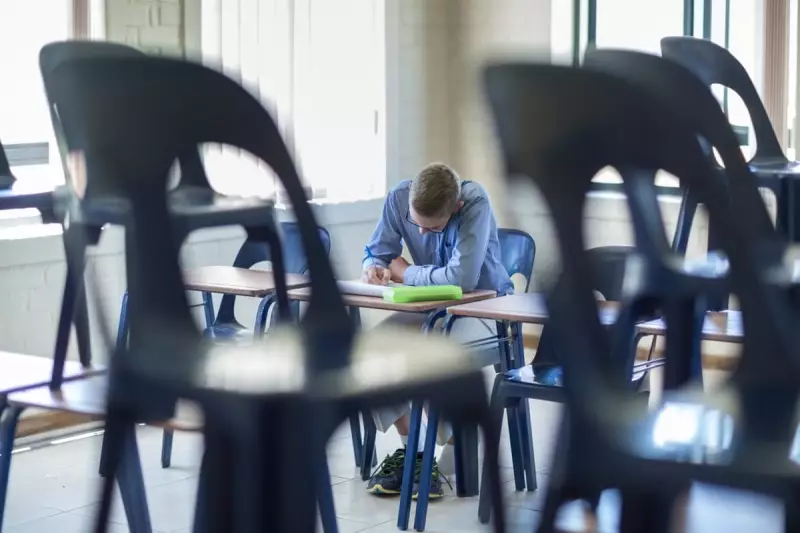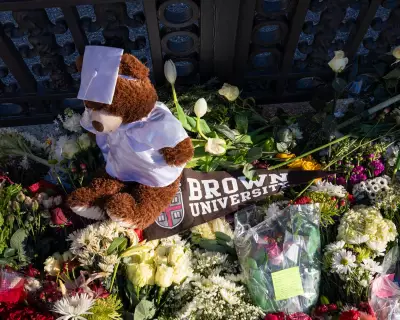
As exam season looms over British households, a surprising consensus is emerging among educational experts: sometimes the most helpful thing a parent can do is absolutely nothing.
The Pressure Cooker of Modern Education
Across the UK, families are bracing for the annual ritual of GCSEs and A-levels. Kitchens transform into revision stations, family calendars become dominated by exam timetables, and household tensions typically rise alongside teenage anxiety levels.
Yet mounting evidence suggests that well-intentioned parental involvement might be contributing to the problem rather than solving it.
Why Stepping Back Works
Educational psychologists point to several compelling reasons why a more restrained approach yields better results:
- Building resilience: Overcoming academic challenges independently helps students develop crucial coping mechanisms
- Reducing anxiety: Parental pressure often amplifies student stress rather than alleviating it
- Fostering ownership: When students take responsibility for their own revision, they engage more deeply with the material
What 'Hands-Off' Really Means
Contrary to popular belief, a hands-off approach doesn't mean complete disengagement. Experts recommend focusing on creating the right environment rather than micromanaging the revision process.
'Think of yourself as the stage crew, not the director,' suggests one educational psychologist. 'Your job is to ensure the lighting is right, the props are available, and the environment supports performance - but you shouldn't be reading the lines for the actors.'
Practical Strategies for Supportive Parents
- Ensure regular meals and adequate sleep rather than quizzing on quadratic equations
- Create quiet, comfortable study spaces without constantly monitoring their use
- Offer emotional support and reassurance without adding to performance pressure
- Trust that teachers have provided the necessary tools and strategies
- Remember that exams are a marathon, not a sprint - pace matters more than last-minute cramming
The Bigger Picture
This approach aligns with broader educational shifts toward developing independent, resilient learners. In an age where information is readily available, the ability to manage one's own learning process may be more valuable than any single piece of knowledge.
As one headteacher noted, 'We're preparing students for life, not just for exams. Learning how to navigate challenges independently might be the most valuable lesson of all.'





